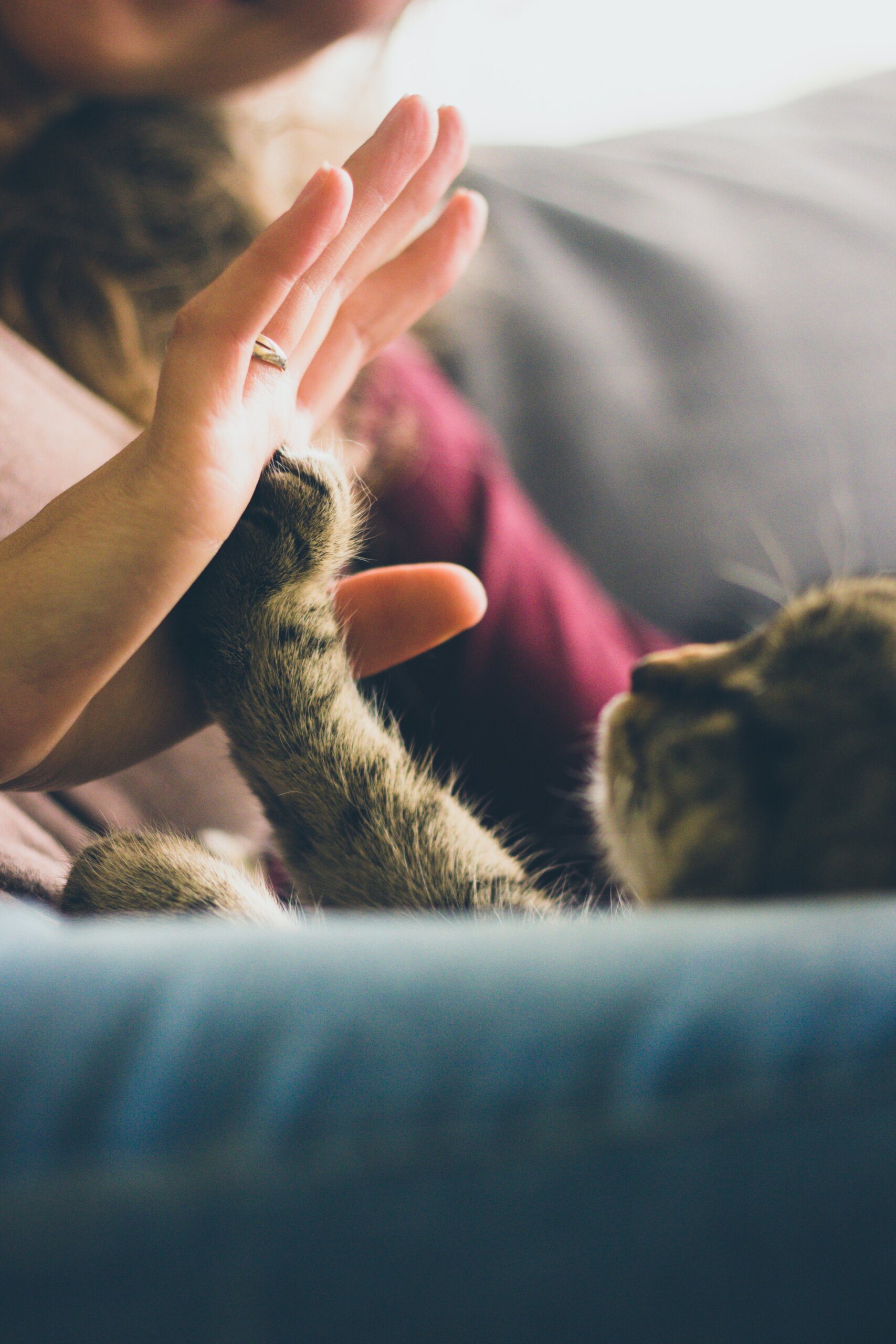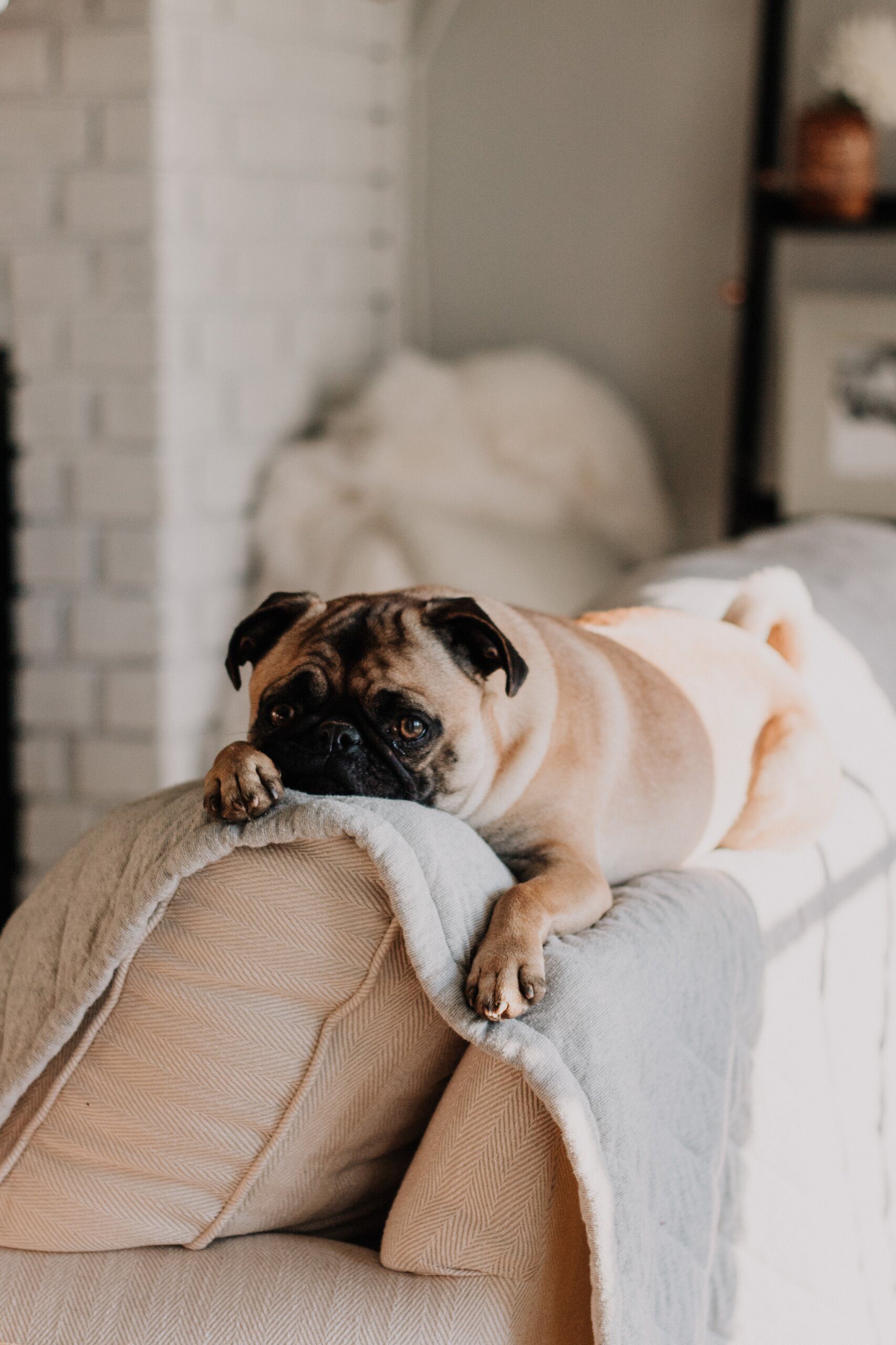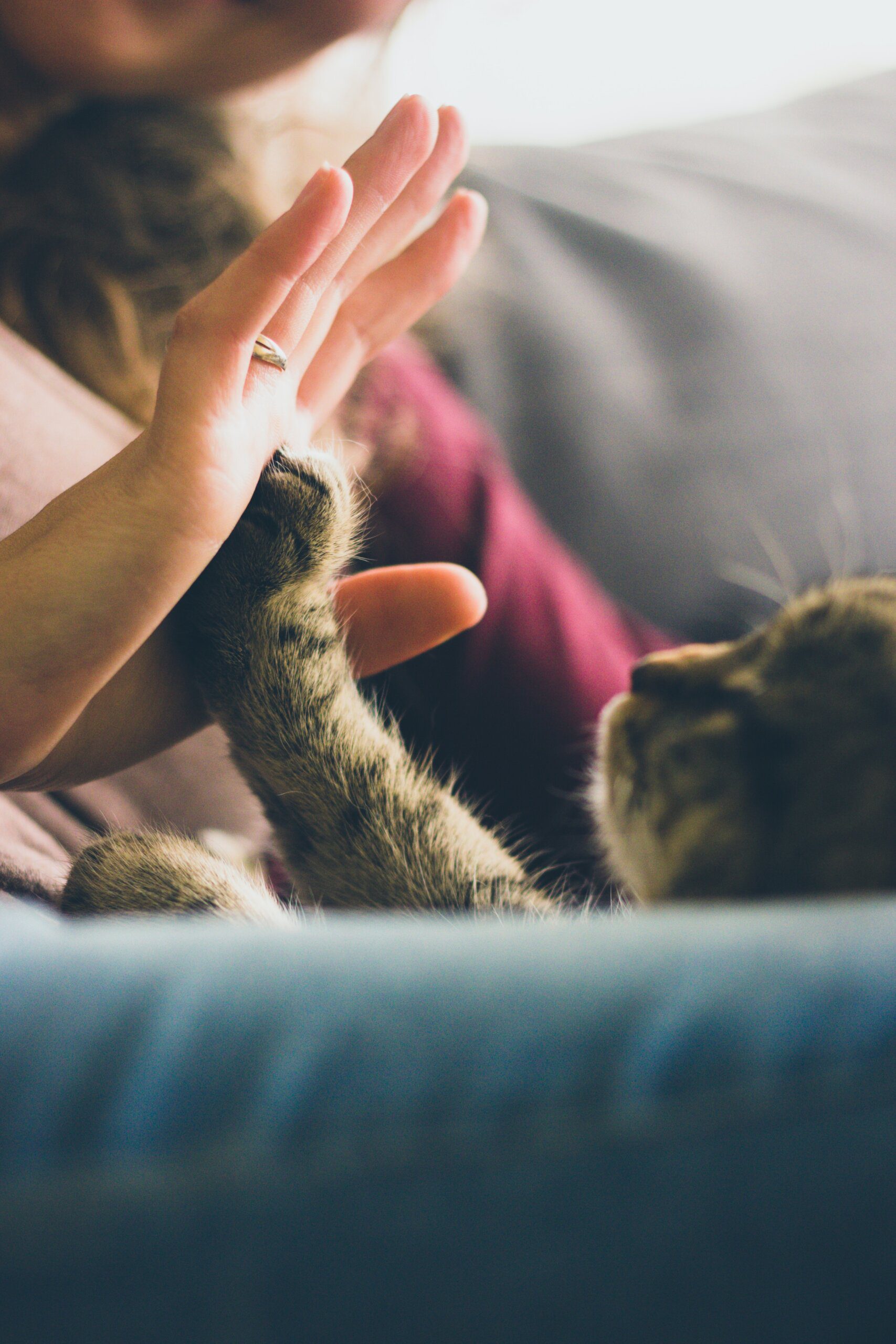Have you ever wondered how much it would cost to bring home a pet capybara? These adorable and giant rodents have been gaining popularity as exotic pets, attracting animal lovers all around the world. In this article, we will explore the various factors that contribute to the cost of owning a capybara, including initial purchase price, housing and enclosure requirements, dietary needs, and veterinary care. So, if you’re considering adding a capybara to your family, keep reading to find out just how much it might put a dent in your wallet.

Purchase Price of a Capybara
Cost of buying a capybara from a breeder or exotic pet dealer
If you have been considering getting a capybara as a pet, one of the first things you might wonder about is the purchase price. The cost of buying a capybara can vary depending on where you acquire it. Breeders and exotic pet dealers are the most common sources for capybaras. On average, you can expect to pay anywhere between $1,500 to $5,000 for a capybara, but prices may go even higher for certain breeds or rare color variations.
Factors that may affect the price, such as age, gender, and breed
There are several factors that can influence the purchase price of a capybara. Firstly, the age of the capybara can impact its price; younger capybaras tend to have a higher cost compared to adults due to their potential for a longer lifespan. Additionally, the gender of the capybara can also affect its price. Female capybaras are generally more expensive than males because they can breed and produce offspring. Lastly, certain breeds or specific genetic traits can also drive up the price of a capybara.
Potential additional costs for transportation or shipping
In addition to the purchase price, it is important to consider the potential extra costs related to transportation or shipping. Capybaras are not commonly found in all areas, so you might have to travel a considerable distance to find a reputable breeder or dealer. The cost of transportation can vary depending on the distance and mode of travel, including factors like fuel expenses, accommodation, and any permits required for transporting the capybara. Shipping a capybara via air cargo is also an option, but it can be quite costly due to the specific requirements and regulations involved.
Housing and Enclosure Costs
Size and type of enclosure required for a capybara
Capybaras are large rodents, often reaching weights of 100 to 150 pounds, so it is crucial to provide them with adequate space for both their physical and mental well-being. The recommended size for a capybara enclosure is at least 30 feet by 30 feet, but the larger the better. Ideally, the enclosure should have a combination of grassy areas for grazing, water features for swimming, and sheltered spaces for shade and protection from extreme weather conditions.
Building or purchasing a suitable enclosure
Depending on your resources and capabilities, you can either build your own capybara enclosure or purchase a pre-made one. Building an enclosure from scratch might require carpentry skills and tools, but it can also allow for customization to fit the specific needs of your capybara. Alternatively, you can explore the market for pre-made enclosures designed specifically for capybaras, which can range from simple wire mesh enclosures to more elaborate designs with integrated water features and shaded areas.
Cost of necessary items, such as fencing, shelters, and water features
Apart from the enclosure itself, there are additional items that you’ll need to purchase to ensure the comfort and safety of your capybara. Fencing is essential to establish boundaries and prevent escapes or unwelcome visitors. The cost of fencing can vary depending on the material and length required for your enclosure. Shelters, such as small huts or insulated doghouses, provide a retreat for your capybara during inclement weather and can range in price depending on the size and quality. Water features like swimming pools or ponds are crucial for capybara well-being, and their cost will depend on the size and complexity of the water structure you choose to incorporate.
Ongoing maintenance and cleaning expenses
It is important to remember that owning a capybara comes with ongoing maintenance and cleaning responsibilities. Regular cleaning of the enclosure will be required to ensure a healthy and hygienic environment for your pet. This might involve purchasing cleaning supplies such as disinfectants, brushes, and hoses. Additionally, routine maintenance tasks like mowing the grass, trimming plants, and checking the integrity of fences should be considered as part of the ongoing expenses.

Veterinary Expenses
Initial health check-up and vaccinations
Just like any other pet, capybaras require regular veterinary care to maintain good health. Before bringing your capybara home, it is essential to schedule an initial health check-up with an experienced exotic animal veterinarian. During this visit, the vet will assess the overall health of your capybara, check for any potential underlying health issues, and administer the necessary vaccinations to protect against common diseases. The cost of these services can range anywhere from $100 to $300, depending on your location and the veterinary clinic.
Routine medical care, including annual check-ups and vaccinations
Alongside the initial health check-up, routine medical care is an ongoing expense that should be factored into your budget. Capybaras should receive annual check-ups to monitor their overall health and address any potential concerns at an early stage. These visits typically include vaccinations, dental examinations, and the renewal of any necessary medications. The general cost of an annual check-up for a capybara can range from $100 to $300, depending on the specific services provided and the veterinary clinic.
Potential costs for spaying or neutering
Unless you plan on breeding capybaras, it is highly recommended to spay or neuter your pet. Spaying refers to the sterilization of female capybaras, while neutering involves the sterilization of males. Spaying or neutering your capybara not only prevents reproductive-related health issues but also helps manage behavioral problems that can arise due to hormonal changes. The cost of spaying or neutering a capybara can vary depending on your location and the veterinary clinic, but it typically falls between $200 to $500.
Emergency veterinary care and potential medical expenses
Just like any pet, capybaras can encounter medical emergencies or unexpected health issues that may require immediate veterinary attention. These situations can incur significant expenses, including emergency consultation fees, diagnostic tests, medications, and potentially even surgeries. Having a financial plan in place to cover these unforeseen costs is crucial for the well-being of your capybara. It is recommended to set aside an emergency fund or consider pet insurance to help mitigate unexpected veterinary expenses.
Diet and Feeding Costs
Specialized diet requirements for capybaras
Capybaras have specific dietary needs and require a specialized diet to ensure their optimal health. They are herbivores, primarily feeding on grass, plants, and vegetation. It is essential to mimic their natural diet in captivity to ensure they receive the necessary nutrients. The diet should consist of a mix of high-quality pelleted food formulated specifically for capybaras, along with fresh produce such as leafy greens, vegetables, and fruits. Providing a varied and balanced diet is crucial to prevent nutritional deficiencies.
Cost of high-quality pelleted food and fresh produce
The cost of feeding a capybara can vary depending on the availability and quality of the required food. High-quality pelleted food designed for capybaras can range from $20 to $40 for a 50-pound bag. Fresh produce, including leafy greens, vegetables, and fruits, should be provided daily and can cost anywhere from $20 to $50 per week, depending on seasonal availability and local prices. It is important to maintain a consistent and nutritious diet to ensure the well-being of your capybara.
Additional expenses for supplements or treats
In addition to the core diet, there might be additional expenses for supplements or treats that can enhance the nutritional variety and enrichment for your capybara. Supplements such as vitamin and mineral blends specifically formulated for capybaras might be recommended by your veterinarian to ensure all nutritional needs are met. Treats can be used as rewards or enrichment tools and can include items like chew sticks or specially formulated rodent treats. The cost of these additional items will vary depending on the type and brand.
Frequency of feeding and potential waste management costs
Capybaras require regular feeding throughout the day to meet their dietary needs. It is recommended to provide food for your capybara at least twice a day, with fresh produce offered in the morning and pelleted food in the evening. This frequent feeding schedule helps mimic their natural grazing behavior. However, it is important to consider potential waste management costs as well. Capybaras produce a significant amount of waste, and proper disposal or waste management strategies should be in place to maintain a clean and odor-free environment for both your pet and yourself.

Licensing and Legal Requirements
Researching and understanding local regulations for owning capybaras
Before bringing a capybara home, it is crucial to thoroughly research and understand the local regulations and legal requirements for owning one. Laws regarding capybaras can vary significantly depending on your location, and it is essential to ensure that you comply with all necessary permits, licenses, and regulations. Some areas may require exotic animal permits or specific zoning restrictions, so familiarize yourself with the legalities to avoid any fines or potential legal consequences.
Costs associated with obtaining necessary licenses or permits
Acquiring the necessary licenses or permits to legally own a capybara might involve certain costs. These expenses can include application fees, annual permits, and inspections conducted by local authorities or animal control agencies. The actual cost will depend on your location and the specific requirements set forth by your local governing body. It is crucial to budget for these expenses to ensure that you are able to comply with the legal obligations of owning a capybara.
Potential fines or legal consequences for not complying with regulations
Failure to comply with the licensing and legal requirements for owning a capybara can result in fines and potential legal consequences. It is important to remember that the regulations are in place to protect both the capybaras themselves and the surrounding communities. Violating these regulations can lead to penalties, confiscation of your capybara, or even criminal charges. It is best to prioritize due diligence and ensure that you meet all the necessary requirements to keep your capybara legally and safely.
Training and Enrichment Costs
Enrolling in training classes or hiring a professional trainer
Training a capybara is essential to establish a strong bond and ensure good behavior. While they are generally intelligent and trainable animals, it is recommended to invest in training classes or hire a professional trainer who has experience working with exotic animals. The cost of training classes can vary depending on the location, duration, and expertise of the trainer. Private lessons might be more expensive, but they can offer more tailored guidance to address your capybara’s specific needs.
Cost of providing mental and physical enrichment for a capybara
Capybaras are highly social animals and require mental and physical stimulation to thrive. Providing various forms of enrichment, such as toys, puzzles, and interactive activities, is crucial to prevent boredom and ensure a happy and healthy capybara. The cost of enrichment items can vary depending on their complexity and quality. Simple toys, like chew sticks or balls, can range from a few dollars, while more elaborate interactive toys can cost upwards of $50. Investing in enrichment is an ongoing expense but contributes significantly to the overall well-being of your capybara.
Expenses for toys, puzzles, and interactive activities
To keep your capybara mentally and physically engaged, there are various expenses associated with providing toys, puzzles, and interactive activities. Capybaras enjoy activities that involve water, such as swimming or splashing. Creating a shallow pool or providing access to a safe water feature can help fulfill their natural instincts and provide hours of entertainment. Additionally, providing puzzles or treat-dispensing toys can challenge their problem-solving skills and keep them occupied. The costs for these enrichment items will depend on the type, complexity, and quality of the products you choose.
Grooming and Hygiene Expenses
Bathing and grooming needs of a capybara
Maintaining proper grooming and hygiene is essential for the health and well-being of your capybara. Regular bathing ensures that their fur remains clean, free from parasites, and prevents the buildup of odors. Capybaras are semi-aquatic animals and thoroughly enjoy swimming, making it a natural and enjoyable method of keeping them clean. However, be aware that over-bathing can strip their fur of its natural oils, so it is important to strike a balance and follow the guidance of your veterinarian or an experienced capybara owner.
Cost of grooming supplies, such as brushes or shampoos
To keep your capybara clean and well-groomed, you may need to invest in grooming supplies designed specifically for their needs. Soft-bristled brushes or grooming mitts can be used to remove loose hair and promote a healthy coat. Additionally, gentle and skin-friendly shampoos suitable for capybaras should be used during bathing to maintain their cleanliness. The cost of these grooming supplies will vary depending on the brand and quality, but it is advisable to prioritize products that are safe and suitable for capybaras.
Potential expenses for professional grooming services
While routine grooming can be done by capybara owners themselves, there might be circumstances where professional grooming services are required. This might be more common for capybaras participating in exhibitions or shows. Professional grooming services can include tasks like nail trimming or hair trimming to maintain a neat appearance. The costs for these services will vary depending on your location and the specific tasks performed, so it is advisable to inquire with local groomers experienced in working with exotic animals.
Socialization and Interaction
Providing companionship and social interaction for capybaras
Capybaras are highly social animals and thrive when provided with companionship and social interaction. As naturally herd animals, they develop strong bonds with their fellow capybaras, which helps prevent loneliness and provides emotional support. If you are considering owning a capybara, it is essential to prioritize their social needs and ensure they have the opportunity to interact with other capybaras or even other animals if suitable. Regular interaction with humans is also crucial to maintain their bond and prevent them from becoming overly shy or aggressive.
Cost of adopting or purchasing additional capybaras for companionship
If you decide to provide companionship for your capybara by adopting or purchasing additional capybaras, there will be associated costs. The adoption or purchase price will depend on the source, location, and specific breed or traits of the capybaras you choose. Additionally, you should consider the costs of their care, including food, medical expenses, and housing, as they will essentially double with each additional capybara. Careful consideration should be given to the capabilities and resources needed to provide for multiple capybaras.
Potential expenses for arranging playdates with other capybara owners
Arranging playdates with other capybara owners can be an excellent way to provide additional social interaction and mental stimulation for your capybara. These playdates can involve supervised interactions in a neutral and safe environment where capybaras can play, swim, and bond together. However, there might be certain expenses associated with organizing or attending these playdates, such as transportation costs and any necessary permits or fees for using specific facilities or public areas.
Travel and Boarding Costs
Expenses associated with traveling with a capybara
If you plan to travel with your capybara or take them on outings, it is important to consider the associated expenses. Traveling with a capybara can be a complex task due to their size and specific care requirements. Expenses may include fuel costs, accommodation fees in pet-friendly hotels or rental properties, and any permits or documentation required for interstate or international travel. Ensuring the safety and comfort of your capybara during travel should be a priority, and appropriate arrangements should be made to meet their needs.
Costs of pet-friendly accommodations
Finding pet-friendly accommodations can be a challenge when traveling with a capybara. Due to their unique requirements, it is crucial to organize suitable lodging that can accommodate both you and your capybara comfortably. Depending on the location and specific accommodation options available, the costs might be higher than standard pet-friendly establishments. Researching and planning in advance can help you find the most suitable and budget-friendly options for your capybara travel experiences.
The availability and cost of boarding facilities for capybaras
In some situations, it might be necessary to seek alternative care for your capybara while you are away. Boarding facilities specifically geared towards capybaras might be available in certain areas, but their availability and cost are limited. The cost of boarding a capybara can vary depending on the duration of the stay, the services provided, and the location. It is essential to book well in advance and ensure that the facility meets your capybara’s needs and provides a safe and comfortable environment while you are away.
Conclusion
Owning a capybara can be a delightful and rewarding experience, but it is important to consider the comprehensive costs and responsibilities associated with this unique pet. From the initial purchase price to ongoing expenses for housing, veterinary care, diet, grooming, and socialization, owning a capybara requires a significant financial commitment. Researching and understanding local regulations, providing appropriate housing and enrichment, and budgeting for all the necessary expenses are crucial in ensuring the well-being and happiness of your capybara companion. If you are prepared for the costs and responsibilities, owning a capybara can bring joy, companionship, and an unparalleled bond with a remarkable creature. With careful planning and dedication, you can create a fulfilling life together with your capybara.



